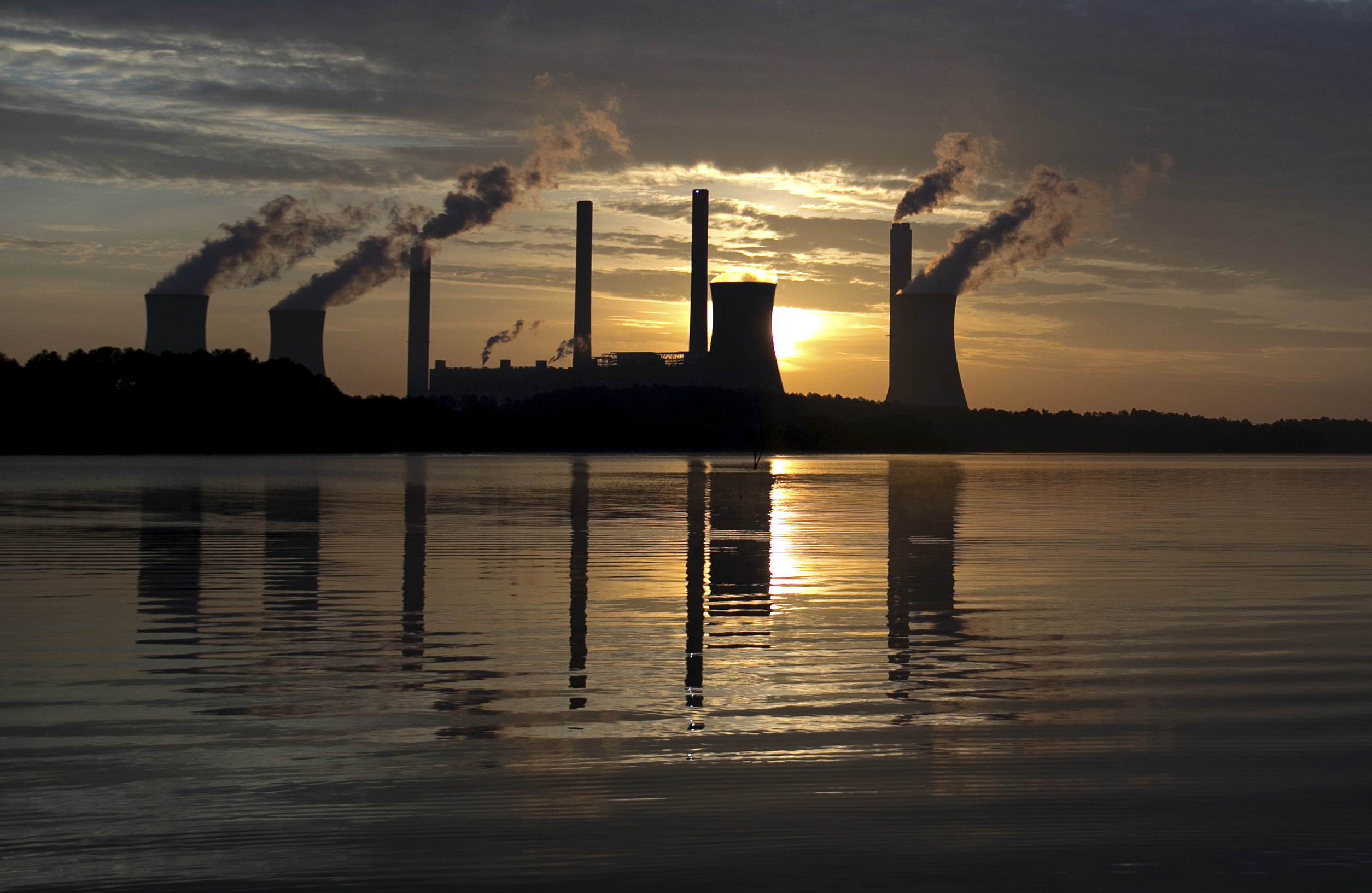On Monday, dozens of people from Juliette, a town in middle Georgia, traveled to the State Capitol with jugs of water from their wells and print outs of results from tests of that water.
They’re concerned that those tests show elevated levels of harmful elements like chromium that could have come from the coal ash at a coal-fired power plant nearby. And they’re asking state lawmakers for help.
“I just want something done,” said Gloria Hammond, one of the Juliette residents who traveled to Atlanta.
She said her well tested positive for hexavalent chromium.
“I just want future generations one day to be able to live there again and not fear of getting something and dying from it.”
Coal ash is a byproduct of burning coal for electricity and can contain toxic elements. It’s drawn attention in the past few years as utilities, including Georgia Power, have started cleaning up their coal ash ponds, which are basically giant, unlined pits full of coal ash mixed with water. Georgia Power estimates it has tens of millions of tons of coal ash in Georgia. After the federal government rolled out new coal ash regulations during the Obama administration, the company announced it would close all 29 of its ash ponds.
But not everyone agrees on how exactly all that ash should get cleaned up, and coal ash is increasingly becoming an issue in the Georgia Legislature.
The Georgia state Senate passed a bill on Monday that would make coal ash more expensive to dump in landfills. Last week, a Georgia House committee unanimously passed another coal ash bill, which would require utilities to give public notice before releasing water from ponds as they clean up coal ash.
Meanwhile, a couple other coal ash bills have so far failed to gain traction in the legislature, and those are the bills for which the Juliette group is pushing. They would require Georgia Power to drain and dig up all of its coal ash and move it to lined storage, like landfills. Those bills – one in the House and one in the Senate – haven’t been scheduled for committee hearings.
“Whether you’re Democrat or Republican, this is a health and safety issue,” said Karl Cass, who made the trip from Juliette.
While Georgia Power is moving some ash to lined facilities, it plans to leave some of it in place, covered, but not completely sealed. That’s the plan at Plant Scherer in Juliette, which is one of the largest coal-fired power plants in the country.
But it could be tough for the residents to prove their wells are affected by Georgia Power, or that what’s in the wells makes them sick.
John Kraft, a spokesman for Georgia Power, said the company monitors the groundwater near the coal ash ponds.
“Our well testing data continues to show no detections above standards,” he said.
Last week, the Monroe County Board of Commissioners announced it would provide drinking water for people concerned about their well water.








